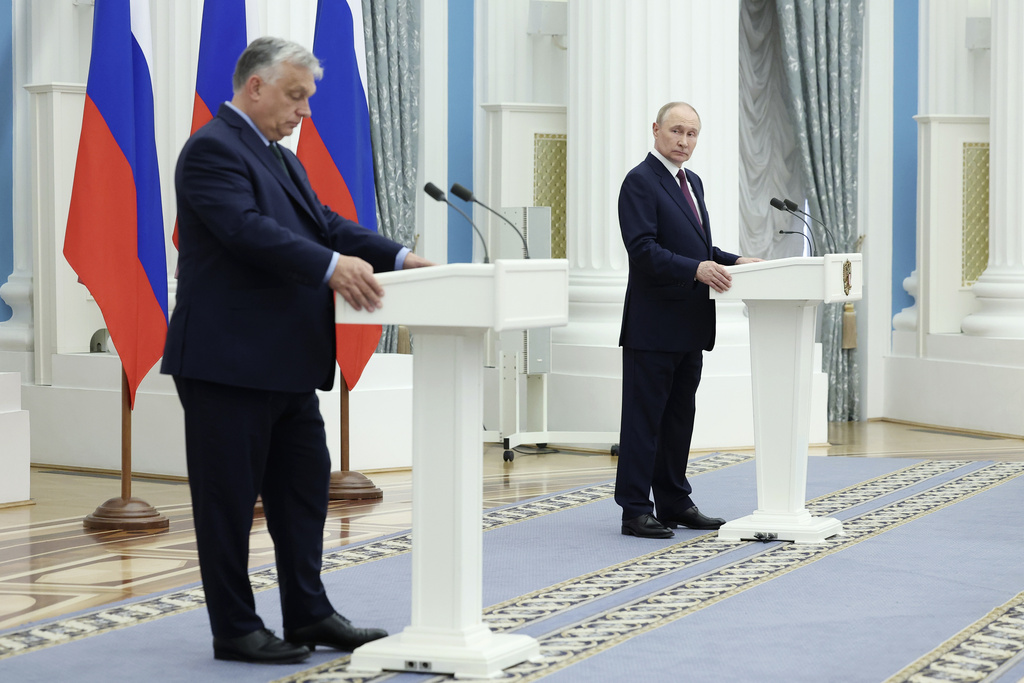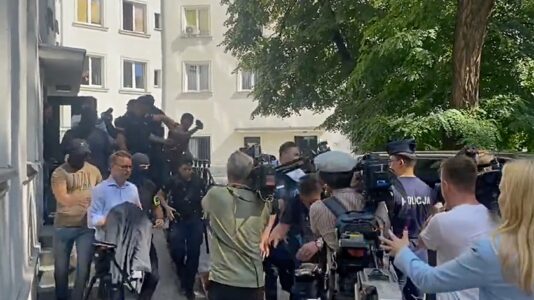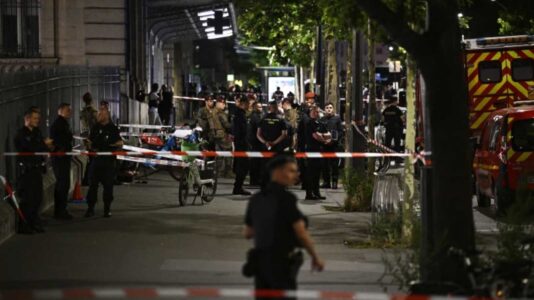It’s a cliché, but it’s still true that starting a war is very easy, but finishing it is the hard part. Obviously, Hungarian Prime Minister Viktor Orbán has been experiencing the weight of this recently, as he seems to be striving with great energy and ambition to understand the dynamics of war and peace and, building on this, the chances of peace.
With the Hungarian EU presidency running until the end of the year, Orbán has a very special window of opportunity. The U.S. presidential elections will take place during this period, in which an increasingly absurd situation is beginning to emerge, and this could encourage Europe even more to recognize this imperial “historical pause” and use it to escape from the suicidal deadlock it has been following. All the more so because, if Donald Trump really wins, the war will end, if not in a single day, then in a very short time with the partition of Ukraine.
But, beyond his personal knowledge, courage, and determination, there is another factor that makes Viktor Orbán fit for this role. The “empire of choice,” representing the third tier of world power, has, with the Tucker Carlson interview, brought the Hungarian prime minister into a segment of the global conversation that very few have access to.
This is presumably recognition of an achievement that is partly the result of the local grand coalition he has run for 14 years (winning elections with two-thirds majorities) and, more importantly, of his global grand coalition. The reason why Viktor Orbán may have an almost unintelligible prominence compared to countries with influence similar to Hungary’s is that a hidden global grand coalition is being organized behind him, for which he has become the most suitable “spokesman.”
But, the extreme difficulty, danger, and risk of this role is that there are evident tectonic clashes taking place within the American imperial elites, as well as within the “empire selecting power” above it, and as a result, by implication, in the increasingly confused and tense system of relations between these two levels.
Historically, these conflicts could lead to a permanent “hundred-year” war, but also to an unprecedented global settlement that could bring a “hundred-year” peace to the world. Viktor Orbán now has an exceptional chance to influence this.






